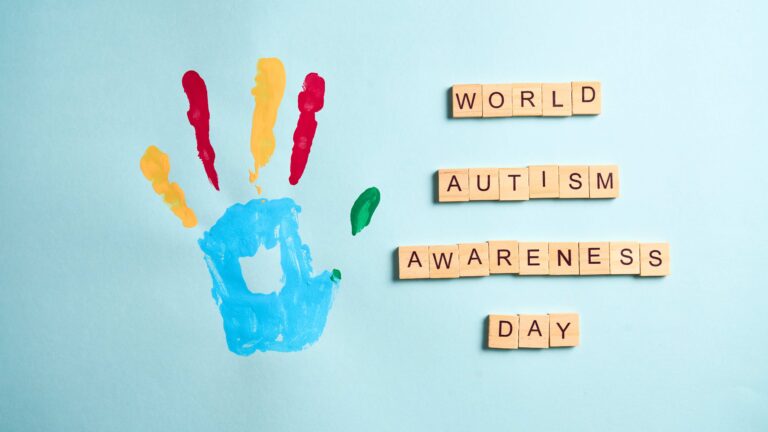Table of Contents
What exactly does BCBA do?
When parents first hear about applied behavior analysis (ABA) therapy, they often come across the term “BCBA.” Understanding what a Board Certified Behavior Analyst (BCBA) is and its role in your child’s treatment is a crucial first step on your journey. Navigating the world of autism therapies can be overwhelming, but knowing the qualifications and expertise behind the professionals supporting your child can bring clarity and reassurance.
So, What exactly does a BCBA do? The role of a BCBA is essential in designing, overseeing, and adjusting therapy programs that help children with autism develop meaningful skills and independence. From evaluating your child’s unique needs to creating strategies that support growth, a BCBA ensures therapy is evidence-based and tailored to each child.
But let’s find out more in this blog by ABA Centers of Rhode Island; we’ll delve into everything you need to know about BCBAs—what they do, the rigorous process to earn certification, and how they work with families.
What Is a Board Certified Behavior Analyst?
A BCBA, or Board Certified Behavior Analyst, is a highly trained professional who specializes in applying the principles of behavior analysis to help individuals achieve meaningful and positive changes in their behavior. They are certified by the Behavior Analyst Certification Board (BACB), which ensures they meet strict educational, ethical, and professional standards.
How Does a BCBA Help My Child?

A BCBA’s primary goal is to help children with autism thrive by addressing their unique challenges and building on their strengths. Here’s how they contribute:
- Assessment and Goal Setting: Before starting ABA therapy, the Board Certified Behavior Analyst conducts a thorough assessment of your child’s behavior, strengths, and areas of improvement. This examination helps them identify goals tailored to the child’s needs, such as improving communication skills or reducing anxiety in social situations.
- Individualized Therapy Plans: No two children with ASD are the same, and these professionals understand this deeply. They create therapy plans customized to your child’s developmental level, interests, and family priorities.
- Data-Driven Decisions: Throughout the therapy process, they collect and analyze data to track progress. The data allows them to adjust strategies and ensure that the interventions remain effective.
- Training and Support: BCBAs often train caregivers and other team members, like RBTs, to implement therapy techniques consistently. They also provide ongoing guidance to ensure everyone involved feels confident and supported.
- Problem-Solving Expertise: If a specific approach isn’t working, the Board Certified Behavior Analyst adapts the plan. Their expertise in behavior analysis allows them to find creative and practical solutions to challenges that arise.
What Does It Take to Become a BCBA?
Becoming a Board Certified Behavior Analyst requires years of dedicated education, hands-on experience, and a steadfast commitment to ethical practice. The journey is rigorous but essential for ensuring that practitioners can provide practical, evidence-based support to individuals with autism and other developmental challenges. Here’s a closer look at the process:
1. Earning a Relevant Degree
The first step toward becoming a BCBA is obtaining a master’s degree in a relevant field, such as behavior analysis, psychology, or a related field. This educational foundation equips aspiring BCBAs with an understanding of behavioral science principles and intervention strategies.
2. Completing a Verified Course Sequence (VCS)
Aspiring BCBAs must complete a Verified Course Sequence (VCS) verified by ABAI. These courses delve into advanced topics, including behavioral assessments, intervention design, and ethical considerations. The coursework is structured to ensure that candidates are proficient in theoretical knowledge and practical applications, preparing them to address diverse client needs effectively.
3. Gaining Supervised Practical Experience
Hands-on experience is a cornerstone of Board Certified Behavior Analyst certification. Candidates need to complete hundreds of hours of supervised fieldwork under the mentorship of an experienced BCBA. This practical training provides invaluable opportunities to work directly with clients, implement behavior intervention plans, and refine problem-solving skills. The fieldwork also includes structured feedback sessions, where candidates learn to navigate real-world challenges and adapt their strategies to achieve meaningful outcomes.
4. Passing the BCBA Exam
The final step is passing the BCBA exam—a comprehensive, four-hour test comprising 180 questions. This rigorous exam evaluates the candidate’s knowledge of ABA principles, ethical standards, and ability to apply behavior analysis techniques effectively. It ensures that certified Board Certified Behavior Analysts possess the skills needed to deliver high-quality services while adhering to the profession’s ethical guidelines.
5. Upholding Ethical Standards
BCBAs follow strict ethical guidelines outlined by the BACB. These standards emphasize the importance of client welfare, data confidentiality, and professional integrity. BCBAs must demonstrate unwavering commitment to ethical practice, ensuring that their work is grounded in respect, transparency, and the best interests of their clients.
6. Committing to Lifelong Learning
Certification is not the end of the journey. To maintain the credentials, BCBAs must engage in ongoing education and professional development.
What Makes a BCBA Different from Other Professionals?
While many professionals work with children with autism, these professionals bring a unique set of skills and expertise. Unlike general educators or therapists, BCBAs specialize in behavior analysis—a scientific approach to understanding and influencing behavior.
This specialization allows them to:

- Use evidence-based techniques to create measurable and lasting improvements
- Break down complex skills into manageable steps to help children master them
- Address a wide range of behaviors, from academic skills to self-care routines
Why Choose ABA Centers of Rhode Island?
At ABA Centers of Rhode Island, we pride ourselves on employing the best BCBAs in the field. Our team provides personalized ABA therapy tailored to your child’s unique needs. With a focus on collaboration, data-driven strategies, and compassionate care, we strive to help every child reach their full potential.
When you choose us, you’re not just selecting a therapy provider—you’re gaining a partner in your child’s journey. Call us today at (855) 922-4184 or contact us online to learn more about our services and how we can support your family.








